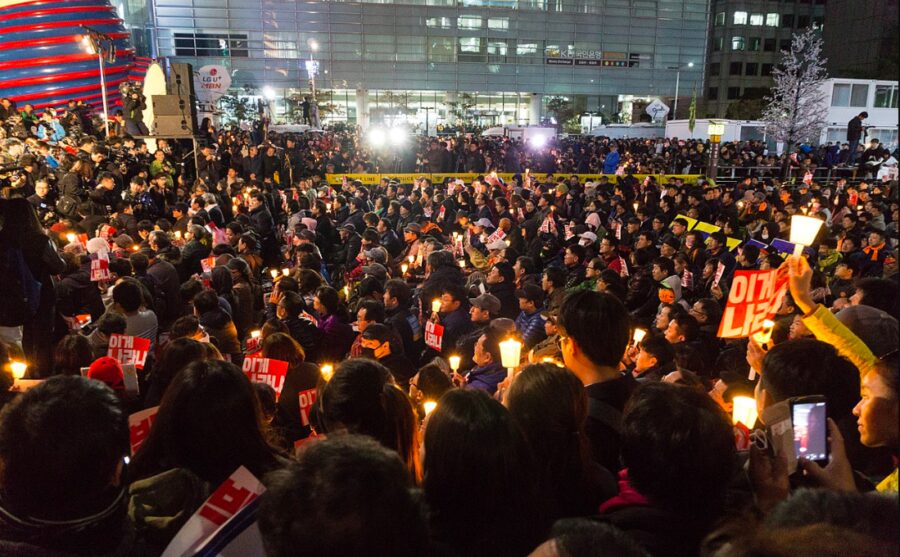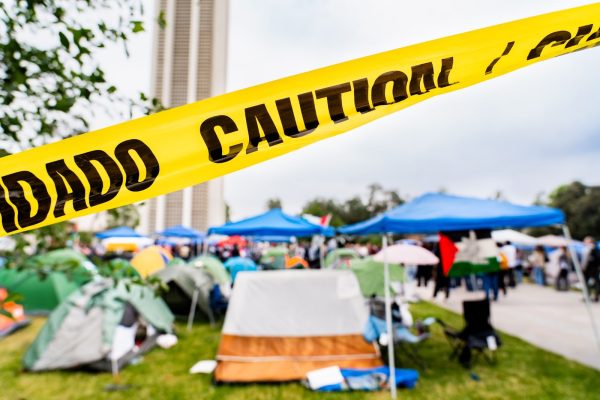Fostering Sociopolitical Change
Speech and Leadership are Essential Elements
Aside from wildly successful class action lawsuits, street protests are the only effective non-violent method of compelling change when those in power repeatedly fail to safeguard members of their community. Articles, petitions and social media protests have all been shown to be ineffective in this regard. Writing can create public awareness and indicate that a significant number of people want change but it is insufficient to create that change.
Compare #MeToo to the street protests in Lebanon and Peru. #MeToo was first tweeted on October 15, 2017. Since that time, nine states enacted laws that effectively banned abortions and the U.S. Secretary of Education proposed regulations that would significantly impair the effectiveness of Title IX of the Education Act. Harvard Business Review reports that while blatant harassment in the workplace decreased following #MeToo, gender harassment increased significantly. Conversely, after 13 days of marching in the streets, the Lebanese Prime Minister Saad Hariri resigned and after 30 days of protests, the Peruvian government announced meaningful socioeconomic reforms.
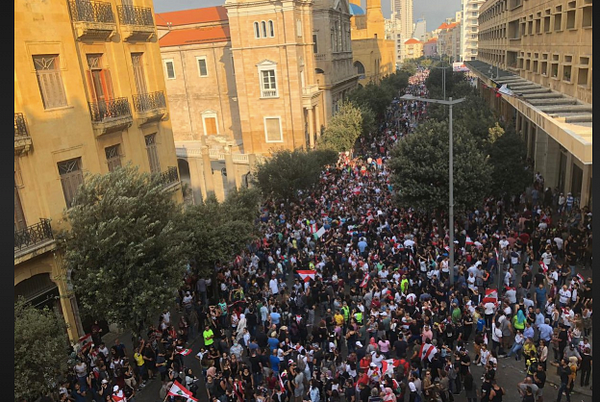
It is time for North Americans to make our voices heard. Not our written or digital voices, but our actual voices.
I’m a huge fan of the written word. It gives both the writer and the reader a chance to reflect before thoughts are shared. It allows for the expression of nuanced thought that is often too complex for speech. However, speech, particularly in-person speech, can move people to action in a way that writing does not. These days, where people prefer to receive their news orally or in 140 characters or less, speech often informs more people than writing does.
Take Betty Friedan; her book, “The Feminine Mystique,” published in 1963, sold three million copies in two years and was inarguably integral to the start of the second wave of the women’s movement. However, Friedan’s leadership of the National Organization of Women facilitated her call for the Women’s Strike for Equality in 1970 and the resulting march of 50,000 women in New York City. That march was the critical element that motivated Congress to pass a variety of laws in the 1970s aimed at mitigating gender discrimination in education and the workplace.
Several people are writing about the significant challenges society faces today including, fascism in our political systems; toxic chemicals in our food supply, water and environment; the adverse effects of white privilege; and the flaws in our medical system. Yet despite serious and urgent sociopolitical problems and numerous articles that draw attention to them, in North America we continue to go about our daily lives as if the Mexican government did not just acquiesce to the Sinaloa drug cartel, the American government and regulators have not been co-opted by corporate interests and fascists, and the Canadian government is not filled with individuals acting primarily in their self-interest.
Those who are causing the problems are acting rather than writing. Action is essential to counter problematic action.
Conversely, mass protests are occurring in many countries including, Chile, Venezuela, Hong Kong, and Catalonia and, until recently, Lebanon and Peru.
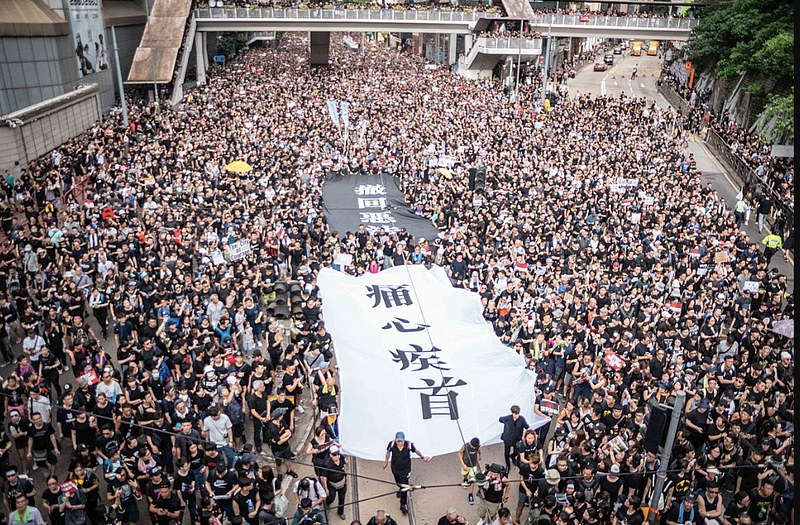
We all know that for decades members of North American society have been reluctant to get out of their chairs and start walking. Even though marching in the streets might seem like an old-school way of protesting, more suited to a small community than a country where a majority of the people feel lonely and disconnected from society, it continues to be one of the most effective ways to effect change.
Research shows that non-violent street protests with sustained participation of 3.5 percent of the population are consistently successful in effecting change.
In the U.S., to be effective, approximately 11 million protestors would need to show up. In Peru and Lebanon, the proportion of the population protesting was estimated at 15 percent and 25 percent, respectively. Estimates for Hong Kong and Catalonia exceed 3.5 percent of the total regional populations but are well below 3.5 percent of the total population of each country (China and Spain, respectively).
Measurements for #MeToo establish a total of 19 million tweets globally, with approximately 7.6 million of those being from U.S. users. Of course, one individual might tweet multiple times, consequently, the total number of U.S. individuals tweeting under this hashtag would be well below 3.5 percent of the U.S. population. Moreover, while this social media activity might be considered a protest, each individual’s participation would fall well short of the sustained participation required of a street protestor.
Millions of people accepting the physical risk and financial cost of protesting in the street is far more impactful than those same individuals typing 140 characters and hitting submit.
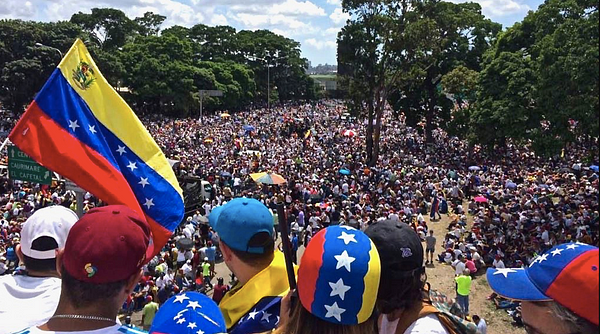
Writing alone is not going to be sufficient to effect change and reverse the decline of our societies. No leader has yet to galvanize anywhere near 3.5 percent of any North American population to action on any of today’s major issues. Perhaps it is time for writers to come together, develop new skills, and speak with our voices in unison so that we may be that small group of thoughtful, committed citizens that starts a movement and changes the world.
I realize the irony of writing an article rather than verbalizing this call to action. I fully appreciate that seeking out a platform and speaking on sociopolitical matters may be well outside of your comfort zone, as it is mine. Imagine how different things could be if those currently in power stopped acting and started writing and today’s writers stopped writing and started acting. Perhaps together we could dare to be greater and bolder than we are as individuals.

